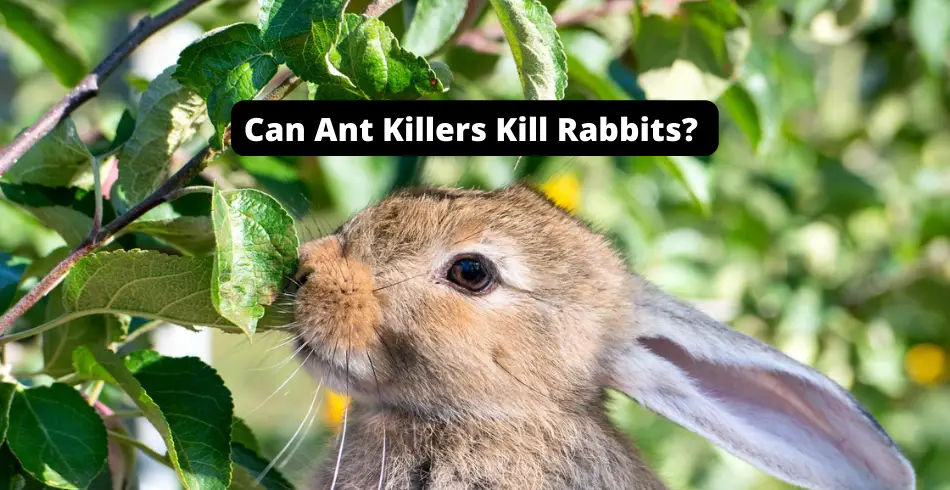Choosing the safest pesticides to control an ant infestation can be confusing for a rabbit owner.
On the one hand, the most potent insecticides are the most effective; on the other, they have extreme side effects on yourself, your bunny, other animals, and the environment.
The effect of an ant killer on rabbits largely depends on the active ingredient. Natural ant killers are organic, and synthetic ant killers are made from industrial chemicals. The safest ant killers for use around rabbits are the natural ones.
In the rest of this article, we explore some fundamentals of ant-killing substances and their dangers to rabbits, if any.
We hope this article broadens your understanding of ant killers, helping you select the safest option for your pet bunny!
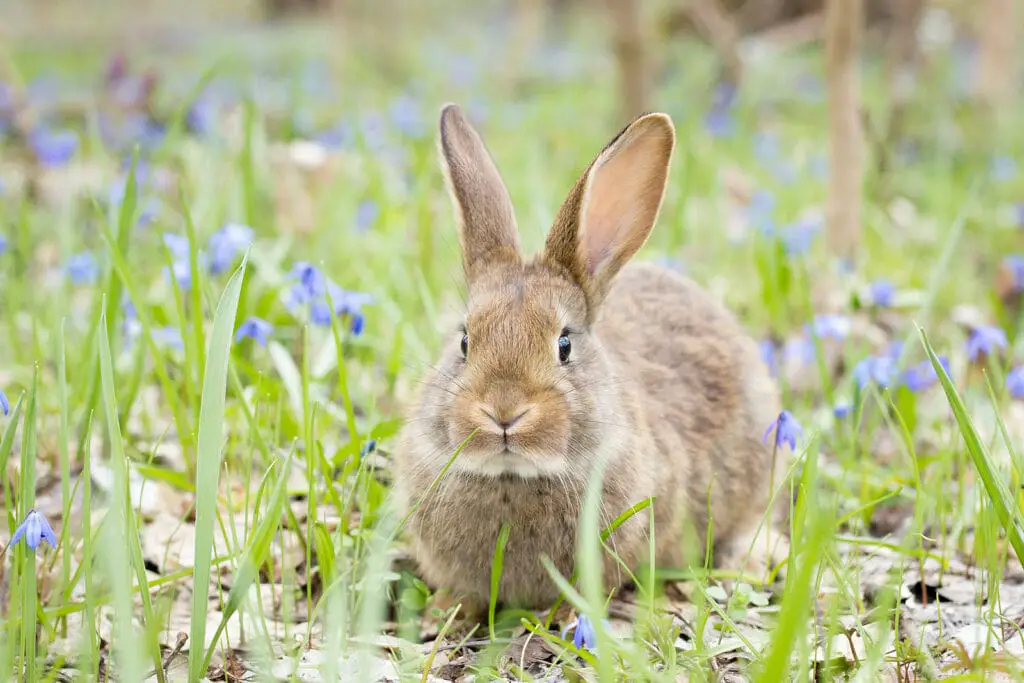
Ant Killers Safe For Rabbits – With Natural Ingredients
Organic ant killers and repellants are ant control substances whose active ingredients are extracts of natural materials. The majority of these are pet-safe ant poisons.
Here are a few you can consider;
- Various essential oils – there is a wide range of essential oils lethal to ants. Their efficacy varies depending on the ant type and their chemical ingredients. High concentrations of essential oils from spearmint, wintergreen, cinnamon, and clove are particularly effective against Argentine ants. Most essential oil solutions are pet safe.
- Peppermint oil – it’s also lethal to many ant types. High-concentration peppermint spray is deadly to fire ants in your rabbit’s environment. Peppermint oil is a potent ant killer safe to use near pets such as rabbits. Studies show ingestion of small quantities when fed to bunnies prevents the degeneration of proteins and fats through oxidation. It also has muscle-relaxing properties and promotes gastrointestinal wellness.
- Orange oil – like Orange Guard, is a broad-spectrum artificial solvent from plant extracts that is effective against many insects. It’s an indoor and outdoor ant spray that kills and repels ants, cockroaches, fleas, earwigs, and silverfish without causing harm to pet bunnies.
- Diatomaceous earth – this is a rabbit-safe ant-killing agent. It kills ants and insects with an exoskeleton by dehydrating them. Diatomaceous earth (DE) food grade is deadly in controlling the ants without hurting rabbits. Rabbits can be fed DE food grade, and studies indicate certain health benefits such as smoother coats, healthier appearance, and weight gain to rabbits provided DE.
Simple, household ingredients like salt can be used – though effectiveness is always debated.
References:
https://www.planetnatural.com/wp-content/uploads/orange-guard-msds.pdf
https://www.nowfoods.com/sites/default/files/7585-peppermint-oil.pdf
https://instars-ojs-tamu.tdl.org/instars/index.php/instars/article/view/269
https://www.sciencedirect.com/science/article/abs/pii/001650859190459X
http://www.joaat.com/index.php?m=content&c=index&a=show&catid=51&id=253
https://journals.sagepub.com/doi/pdf/10.1080/10915810152902592
Ant killers unsafe for rabbits – chemical based
Chemical-based pesticides are toxic to rabbits.
Most artificial pesticides that control ants and other pests are derivatives of pyrethrin and pyrethroids.
Some common variations of pyrethroids in most packages are bifenthrin, permethrin, cypermethrin, tetramethrin, and esfenvalerate.
Nowadays, the use of Organochlorines and organophosphates as active ingredients in pesticides is rare.
The toxicity of pyrethroids to rabbits, when ingested in medium to high amounts, is very high.
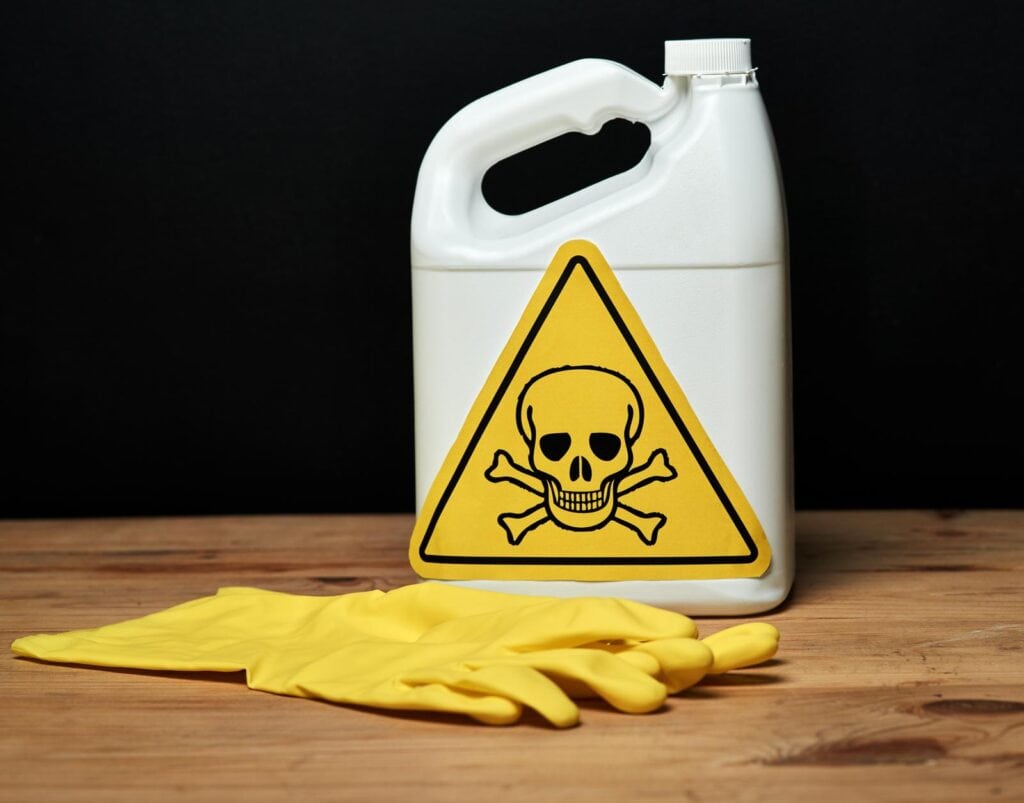
Nonetheless, most pyrethroids are safe to use around rabbits when you follow the instructions correctly.
Boron is another common ant-killing chemical in conventional insecticides.
In most ant control products, it’s present in formulations such as boric acid or borax or some form of the boron compound. Boron is particularly useful in the control of invasive red fire ants.
Fipronil is also a widely used active ingredient in insects and ant controllers.
It’s an effective, broad-spectrum, slow-acting neurotoxin with minimal toxicity to larger animals, such as goats and sheep, and pets, such as cats and dogs.
However, it has life-threatening effects on rabbits.
Note the amount of active ingredient in a product appears on the label as a percentage of the total chemical composition.
Resources:
https://animalpoisons.com.au/common-poisons/ant-baits
https://pubmed.ncbi.nlm.nih.gov/23576335/
https://www.futurity.org/invasive-ants-termites-1691672-2/
What are the signs your pet rabbit has eaten ant poison?
The effects of an insect killer on your bunny depend on the type of chemical, the nature of exposure, and if the chemical was swallowed or touched externally.
The side effects of different chemical sprayers express in somewhat familiar ways but differ in severity.
It’s critical to identify the chemical components of the ant killer from the product label.
Poison treatment depends on the substances in the spray the bunny comes into contact with.
Also, as observed with children, young rabbits may be affected by toxins more than older rabbits.
A common symptom of ant-killing pyrethroid poisoning in bunnies
- Excessive uncontrollable salivating.
- Vomiting if extreme doses of the chemicals are swallowed.
- Skin lesions – check for redness or swelling on the skin if the bunny has come in contact with high levels of harmful pesticides.
- Difficult breathing.
- Loss of pregnancy for gestating rabbits can occur where a high dose is ingested, and treatment is not administered or is delayed.
Resources:
http://npic.orst.edu/factsheets/pyrethrins.html
https://pubmed.ncbi.nlm.nih.gov/20218522/
Symptoms of boron and fipronil ant killer poisoning in rabbits
Acute toxicity of boron does not have extreme effects on bunnies like the pyrethroids.
Boron causes gastroenteritis which leads to diarrhea, vomiting, or nausea with fever. In severe cases, it can cause kidney failure.
Fipronil-based ant-killing chemicals are toxic to bunnies.
Even when swallowed in small doses, fipronil leads to low appetite and interference with feeding patterns causing weight loss.
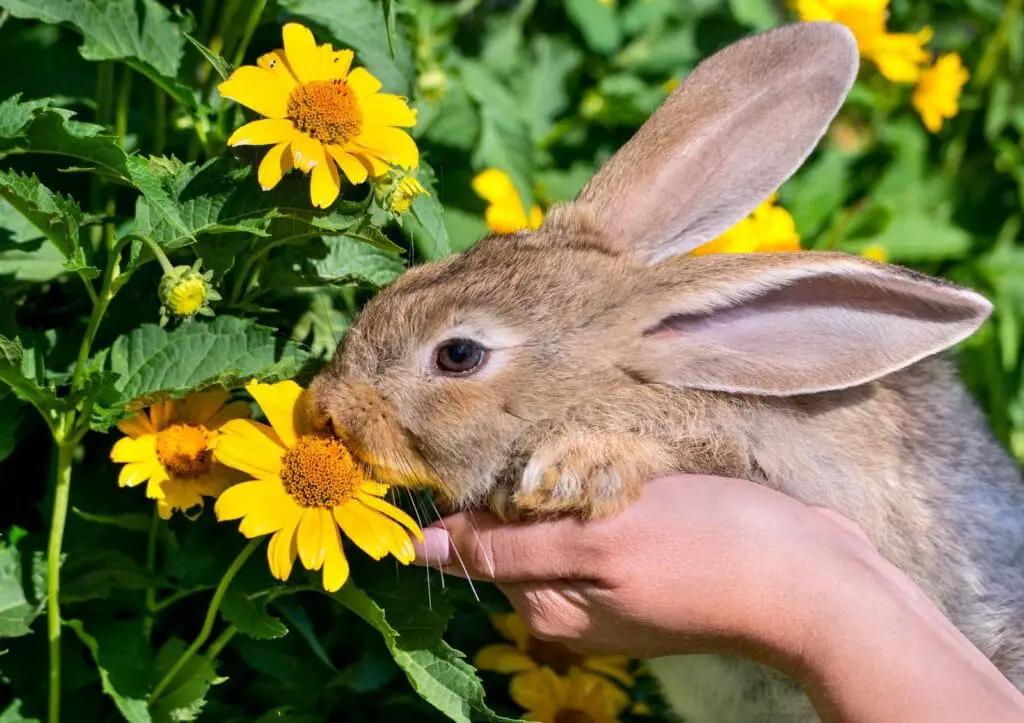
Call your vet or animal health services when you suspect acute ant control substance poisoning in your pet rabbit.
When making the call, it’s vital to have details of the chemical used.
Resources:
https://www.sciencedirect.com/topics/agricultural-and-biological-sciences/fipronil
Tips for getting rid of ants in a pet-safe way
Most ant baits used to get rid of ants are sweetened because ants are attracted to sugary stuff. Pet rabbits also get attracted and lick the baits because they are sweet.
Therefore, keep ant bait in hidden places unreachable by your bunny.
When spraying for ants outdoors, hold outside rabbits in a rabbit cage or keep them indoors until the chemical activity period indicated on the label lapses.
As a preventative measure, apply ant repellents periodically to rabbit cages or pet houses to deter ants from invading.
Keeping away ants eliminates the need to spray them in the first place.
When fighting an active ant infestation, identify the ant species before buying ant chemicals.
Some ants, like carpenter ants, are more difficult to control, and you may require stronger chemicals to kill them, increasing toxicity risks around kids and pets.
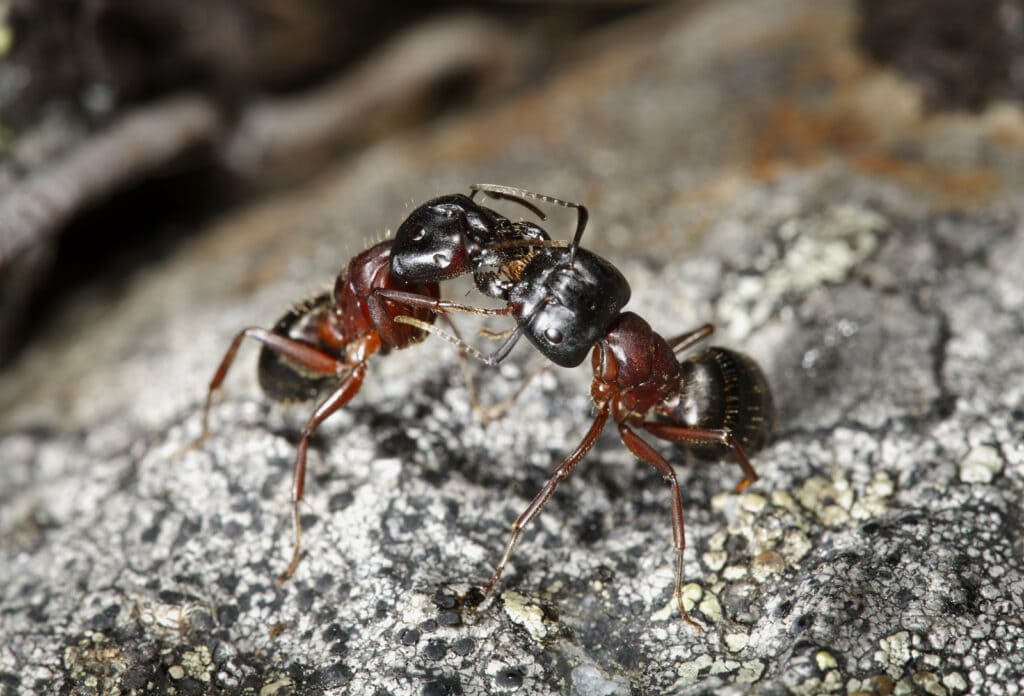
Depending on the type of ants you are eradicating and the level of ant infestation, consider using bait stations before resulting in the field or indoor sprays.
Baits help you avoid the direct application of ant chemicals in open spaces.
Choose Tier 1 or 2 baits whose packages are children and pet-tamper-proof.
Place the bait stations in places hard for the bunnies or other pets to access.
Store all types of food in ways that deter ant infestations.
Pack the food, including rabbit pellets, in airtight containers to keep away ants.
Appropriately dispose of leftovers of rabbit feed from the rabbit cage and keep the cage clean.
Conclusions for rabbit-safe use of ant products
The use and application of controlled substances lethal to ants and rabbits safe require a sound, thought-out plan.
An excellent place to start is using organic-based solutions; most are bunny-safe yet lethal to ants.
Essential oils like peppermint, spearmint, and orange oils are effective repellants and kill ants, and Diatomaceous earth is another deadly ant-killing compound.
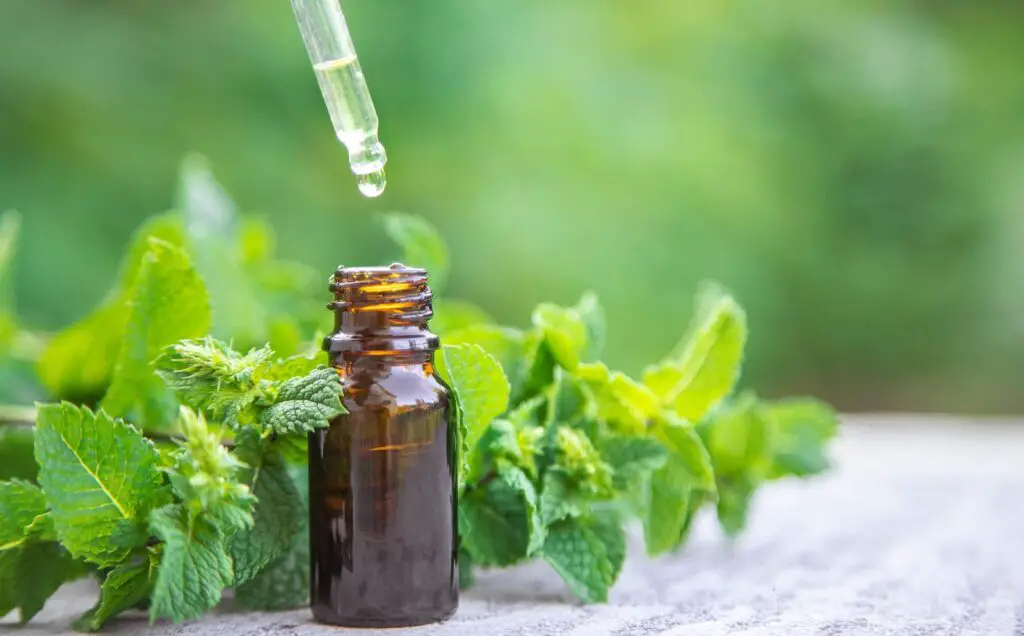
Organic ant-killing solutions are safe around rabbits when applied as per instructions.
Ant control products’ most everyday synthetic active ingredients are pyrethroids, boron, and fipronil.
They have a broad spectrum of activity, eliminating many ant types and other pests. Even though they’re potent ant treatment compounds, they’re toxic to rabbits. When strictly applied according to the manufacturer’s instructions, they’re safe to use around bunnies.
Ingestion of toxic ant chemicals can cause gastrointestinal problems, vomiting, and difficulty breathing. Extreme rabbit poisoning can lead to death if untreated.
Always go for pet-safe, preferably natural ways to kill insects and control ants before turning to pesticides.
[amazon box=”B01D60GAW2″]